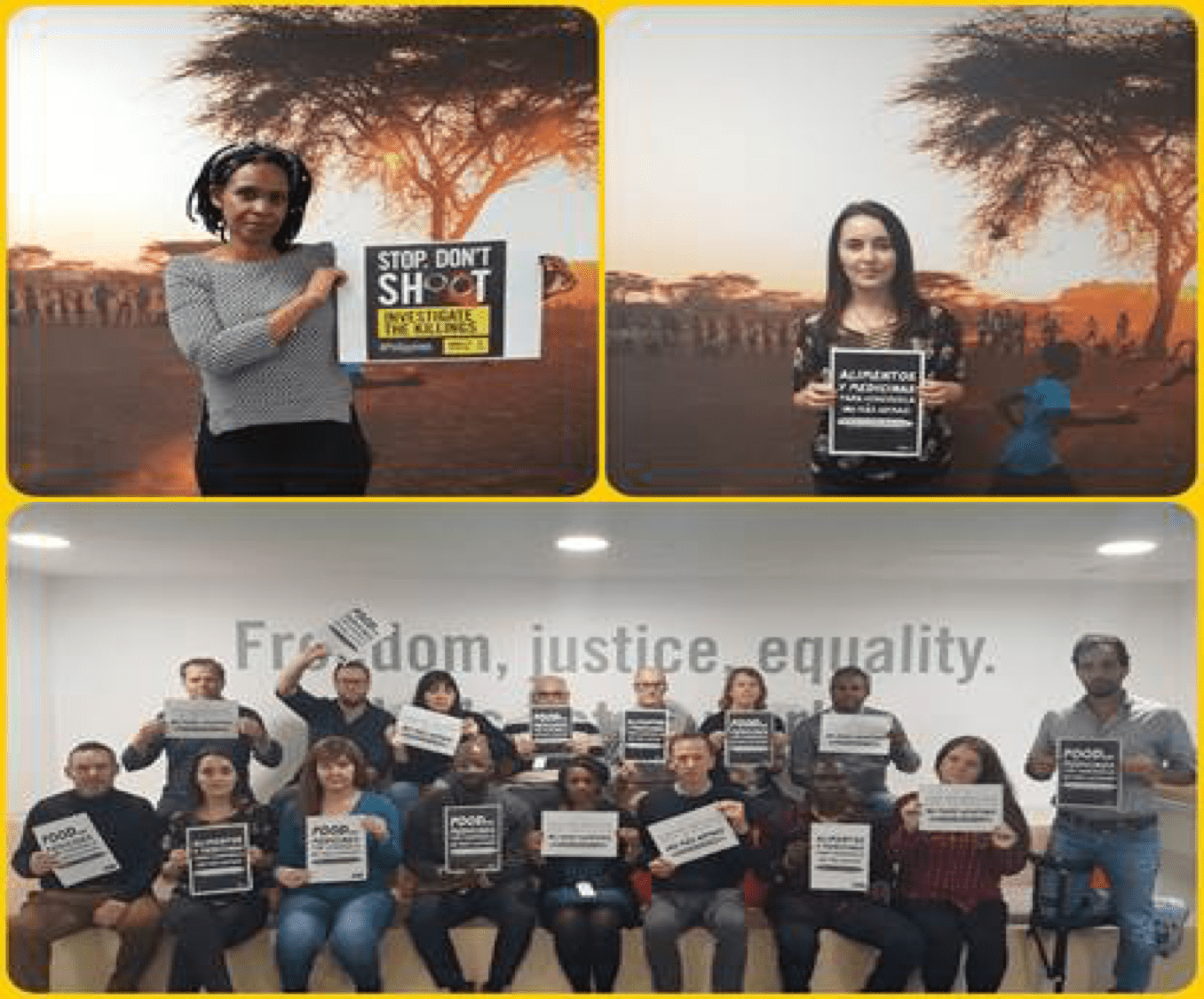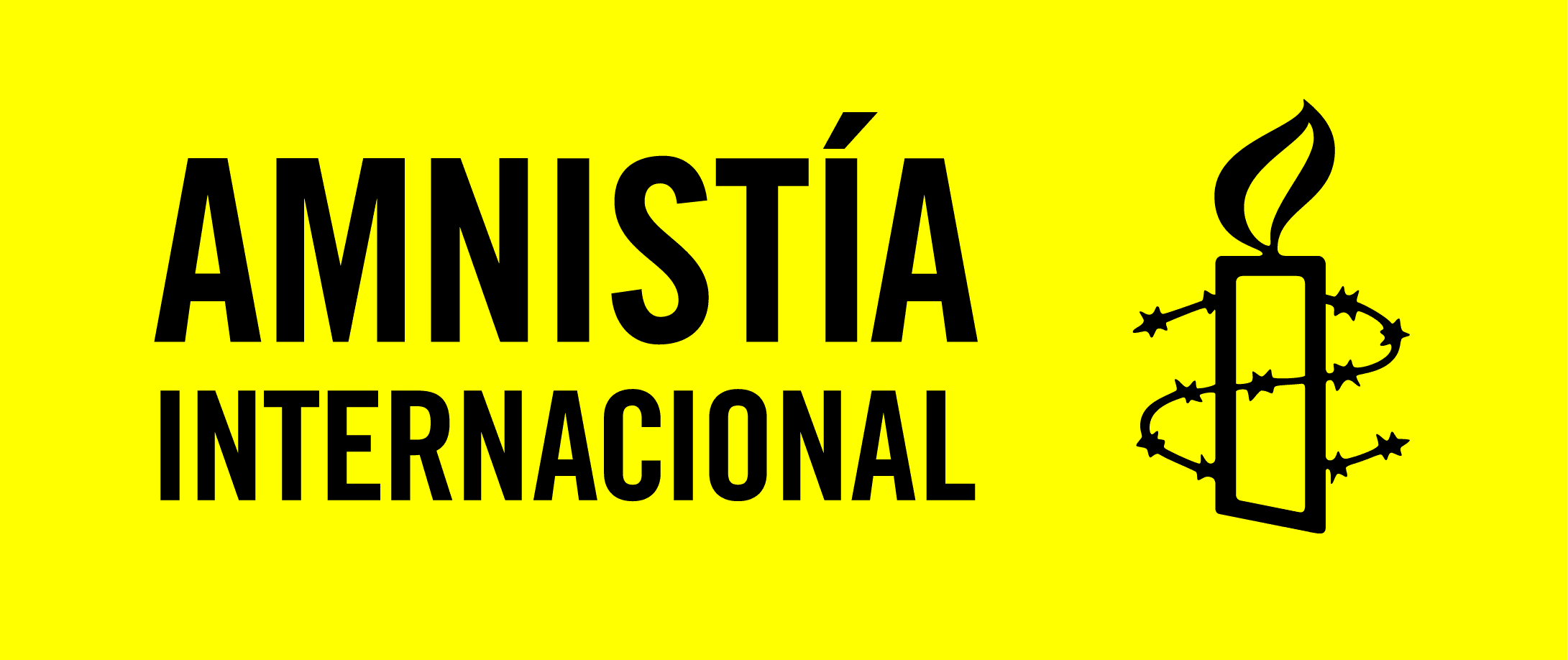
Dear Friends,
We held our first Board meeting since the ICM at the London IS offices the weekend before last, where my Board colleagues elected me as International Board Chair and Sarah Beamish as the Vice Chair. I would like to thank my Board colleagues for the trust that they have placed in Sarah and I to provide Board leadership for the next two years. I extend my thanks and appreciation to Nicole Bieske and Rune Arctander, for their remarkable guidance, hard work and dedication over the last four years. Much of the progress the movement has made over this period would not have been possible without them. Thanks are also due in no small measure to Carolyn Hardy, Paul Divakar Namala and Guadalupe Rivas, whose terms on the Board came to an end in August. Their contribution to our work has been invaluable and they will be greatly missed. Finally, we have welcomed Fabiola Arce and Greg Marsh, and re-coopted Andre Banks, to the Board in August and I am very excited to be working with them.
Secretary General Recruitment update
The Board spent some time over the weekend discussing the latest updates on the recruitment of the new Secretary General. The International Board wants to ensure that the movement is represented in the recruitment process, and will include a representative of the Chairs and of the Directors in the interview process. The Board is hoping to hold the final interviews in December, and announce the new SG early in 2018.
Taner Kiliç and Idil Eser
We heard about the latest developments in the cases against our colleagues in Turkey, Taner and Idil. In Idil’s case, the indictment in the case of the Istanbul 10 has been filed with the court. The “evidence” remains thin, but the indictment does increase the severity of charges to membership of (up from assisting) a terrorist organisation. This raises the maximum possible sentence to 15 years. Various defendants, including Idil, appear to be accused of membership or assisting more than one terrorist organisation (FETO, PKK, DHKP-C). Taner’s case will be heard on 26 October, and some section chairs and I are scheduled to attend the hearing to show our solidarity and represent the movement in a manageable number. We are also still hopeful that Idil and the rest of the Istanbul 10 will be released before the end of the year, pending trial. We will continue to call for their release and the IS will continue to communicate with you on guidance for messaging for both Taner and Idil.
Myanmar and demonization discussion
We received an extensive report on the human rights abuses suffered by the Rohingya people fleeing persecution in Myanmar, and discussed at length interventions that could be pursued to protect the innocent victim of this crisis. This persecution is a prime example of the increase in the politics of demonization that we are seeing around the world, and we discussed the challenges that demonization continues to pose for our work.
Fuerza
With human rights under attack more than ever, the world needs Amnesty to be at its finest, working more closely and collaboratively. We discussed Fuerza and Arusha Declaration signed by section directors as a commitment to breaking internal barriers to create processes that enable us to respond faster and maximise our resources. We need a cultural shift throughout the movement to support and embed positive behaviours and ways of working. Fuerza aims to increase our human rights impact by improving the systems and processes that support collaboration and communication and how we work together as a movement. The signatories of the Arusha Declaration ask all of us to focus on collaboration and to break the silos within the movement to move towards a true “One Amnesty”. Both of these are linked to Decision 7 of the 2017 ICM: “The Role of Sections”. The Board agreed that one of the Board priorities over the next two years would be “Enhancing a Unifying Culture” as we recognise the importance of integrating these projects at all levels of the movement.
Post ICM and new Governance Model
Following the approval of the new governance model at the 2017 ICM in Rome, we discussed the transitional plans and approved the establishment of the Governance Innovation Group (GIG) to carry forward the last pieces of the Governance Reform. You will see a call for interest for this group being sent out shortly. The Global Assembly will be established as the highest governing body of Amnesty International and membership entities and international members will be notified on the process to appoint their standing representative for this purpose. The first Global Assembly regular meeting will be held in early July 2018. As this meeting will be the first of its kind, it will be an exploration into the new governance culture in the movement, and to allow for a smooth transition the Preparatory Committee is suggesting that 2018 will be a transitional year. We also took an initial look at the implementation of the 2017 ICM decisions, including proposed timelines and reporting. There is a lot to develop and report back on in 2018.
Board Priorities
Finally, the Board spent a lot of time discussing and agreeing on what its priority areas of focus should be over the next couple of years. They are: Growth; Human Rights Impact to inform Strategic Goals beyond 2019; Enhancing a Unifying Culture; the Secretary General Recruitment and Transition; and ensuring that Gender and Diversity is an underlying and cross-cutting priority throughout our work. These are the areas that we will mainly be reporting on over the next two years. To help us further with our Growth goal, the Board has decided to co-opt someone with fundraising skills; more information on the co-option recruitment process will be circulated shortly.
I look forward to your support and working with you. You can reach me at: [email protected] and/or [email protected]
Warm regards,
Mwikali
Mwikali Muthiani International Board Chair

